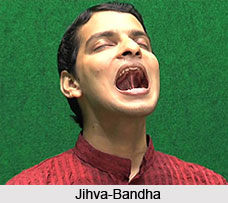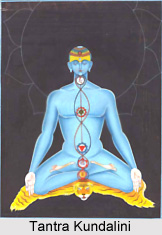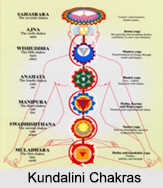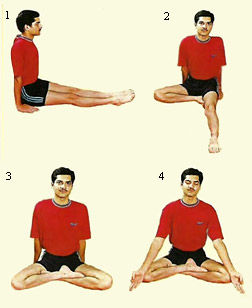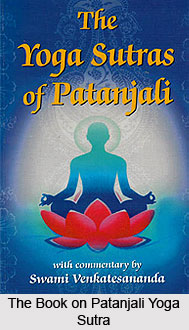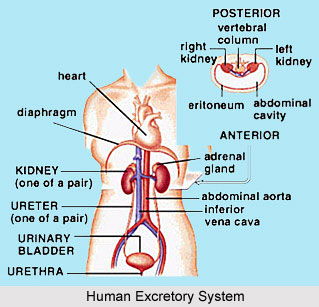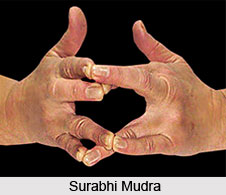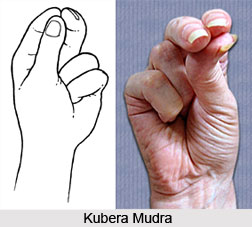Parikarmas are the social attitudes are followed by one in order to live a worthy life in the society. These social norms are to be followed mentally to lead a happy and satisfied life. When the mind gets unhygienic (citta-mala, mala-dirt), the body becomes dirty as well, because in the personality the mind supersedes body. When impurity is spread all over then disease, pain, suffering is the only resultant condition of the individual.
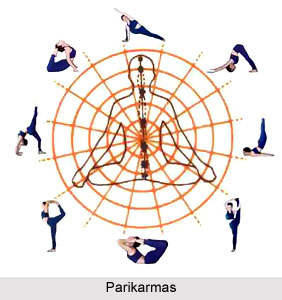 Physically when an individual takes bath, he rubs the skin; but if one tries to rectify the mind, he has to develop the mental strength to follow Parikarmas. These Parikarmas are the elements to keep the human mind clean. The four particular Parikarmas are Maitri (Friendliness), Karuna (Compassion), Mudita (Joy, in the Joy of others) and Upeksha (Non Violent, Non Co-operation).
Physically when an individual takes bath, he rubs the skin; but if one tries to rectify the mind, he has to develop the mental strength to follow Parikarmas. These Parikarmas are the elements to keep the human mind clean. The four particular Parikarmas are Maitri (Friendliness), Karuna (Compassion), Mudita (Joy, in the Joy of others) and Upeksha (Non Violent, Non Co-operation).
Maitri or Friendliness is a technique to curb ill feelings against people. Maitri is a universal feeling, indicating empathy and friendliness. These feelings should be extended to another individual without any ulterior motives. While practicing maitri, one should not think what he/she will gain or lose in the relationship. A person who has realised the concept of Maitri at its best will gain friendship from the least expected people. It is only then the individual can practice Maitri in totality.
Karuna or Compassion should be practiced towards all those in distress, irrespective of whether they are friends or foes. One should be sympathetic towards people when others suffer and abstain from hardening up in cruel delight when someone suffers misfortune, whether he belongs to same sect or not. Moreover one should have goodwill for anyone who treads the path of virtue.
Mudita is the attitude of acquiring joy in the joy of others. People should learn to see goodness in everything. One should feel happy when coming across a successful person with a feeling that some day he/she will also reach that position in a healthy way. One should always derive inspiration from the successful person. No one should be jealous but should be happy in the success of others.
Upeksha is the attitude of (benevolent) indifference. One should avoid people in provocative situations but if the people have to work, in that case one should stand upto them and still carry on honestly. In respect to people whom giving advice would be useless and who are apparently not in a misery because of their action. Their action is to be overlooked, however, not the person. The person deserves pity, since he has to suffer the consequences of his evil action
The above said Parikarmas make a healthy mind that works for the betterment of self and society. However, all the techniques of Parikarmas are to be executed when the mind is in a positive mood. Following the Parikarmas under compulsion with an agitated temperament shall bear no fruit.



